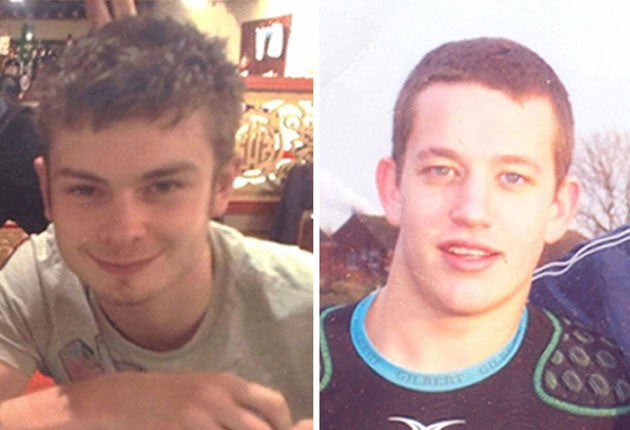Mephedrone did not kill youths, tests reveal

Toxicology tests on two teenagers whose deaths triggered a nationwide scare about the dance drug mephedrone have shown they had not taken the drug.
Louis Wainwright, 18, and Nicholas Smith, 19, from Scunthorpe died in March. But tests have found no traces of mephedrone in their blood. Further tests are being carried out to determine what, if any, drugs they had taken.
The deaths sparked unprecedented alarm about the perils of so-called "legal highs" – chemical and herbal preparations sold on the high street and over the web – and led to demands that mephedrone be banned.
The Advisory Council on the Misuse of Drugs (ACMD) recommended a ban on 29 March which was announced minutes later by Alan Johnson, the former home secretary. But the decision was heavily criticised for being politically rather than scientifically driven and led to the resignation of the ACMD's Eric Carlin, the eighth member of the council to leave in five months in protest at what was seen as political interference.
Mephedrone has been associated with more than 20 deaths but there has been no post mortem confirmation that it has caused any deaths so far.
Yesterday, Leslie Iversen, chairman of the ACMD, defended the council's decision to recommend a ban and denied it was prompted by the deaths of the two teenagers.
"Any death is a tragedy but that was not the reason we gave the advice we did. We shouldn't be surprised with a new legal high if we get some false positives. More than 100 deaths are linked each year with amphetamines [to which mephedrone is related] yet in less than half it turns out to have been the culprit. Even so, about 50 deaths are confirmed linked with amphetamines.
"It takes six months on average for coroners' courts to reach decisions. It is far too early to say whether there have been any deaths from mephedrone."
Professor Iversen, a former pharmacologist at the University of Oxford, said he was "not embarrassed" by the decision the committee had taken and was "very proud" of it.
Professor Colin Blakemore, professor of neuroscience at the University of Oxford, said: "This shocking news should be a salutary lesson to tabloid journalists and prejudiced politicians who held a gun to the heads of the ACMD and demanded that this drug should be banned before a single autopsy had been completed. The only good that might emerge from this fiasco is a long-overdue review of drug control policy.
"The politicians talk about using drug classification as a way of sending 'messages' to young people. I fear that the only message that will be sent by the hasty decision on mephedrone is that the drug laws deserve no respect."
If mephedrone had been put in a pending category while evidence was collected, as recommended by the UK Drug Policy Commission, "this embarrassment would have been avoided", he said.
Professor David Nutt, the former chairman of the ACMD, said: "If these reports are true, the previous government's rush to ban mephedrone never had any serious scientific credibility – it looks much more like a decision based on a short-term electoral calculation.
"This news demonstrates why it's so important to base drug classification on the evidence, not fear, and why the police, media and politicians should only make public pronouncements once the facts are clear," he added.
Join our commenting forum
Join thought-provoking conversations, follow other Independent readers and see their replies
Comments
Bookmark popover
Removed from bookmarks